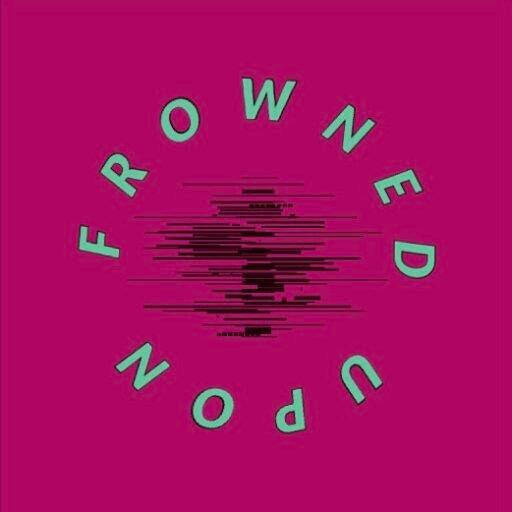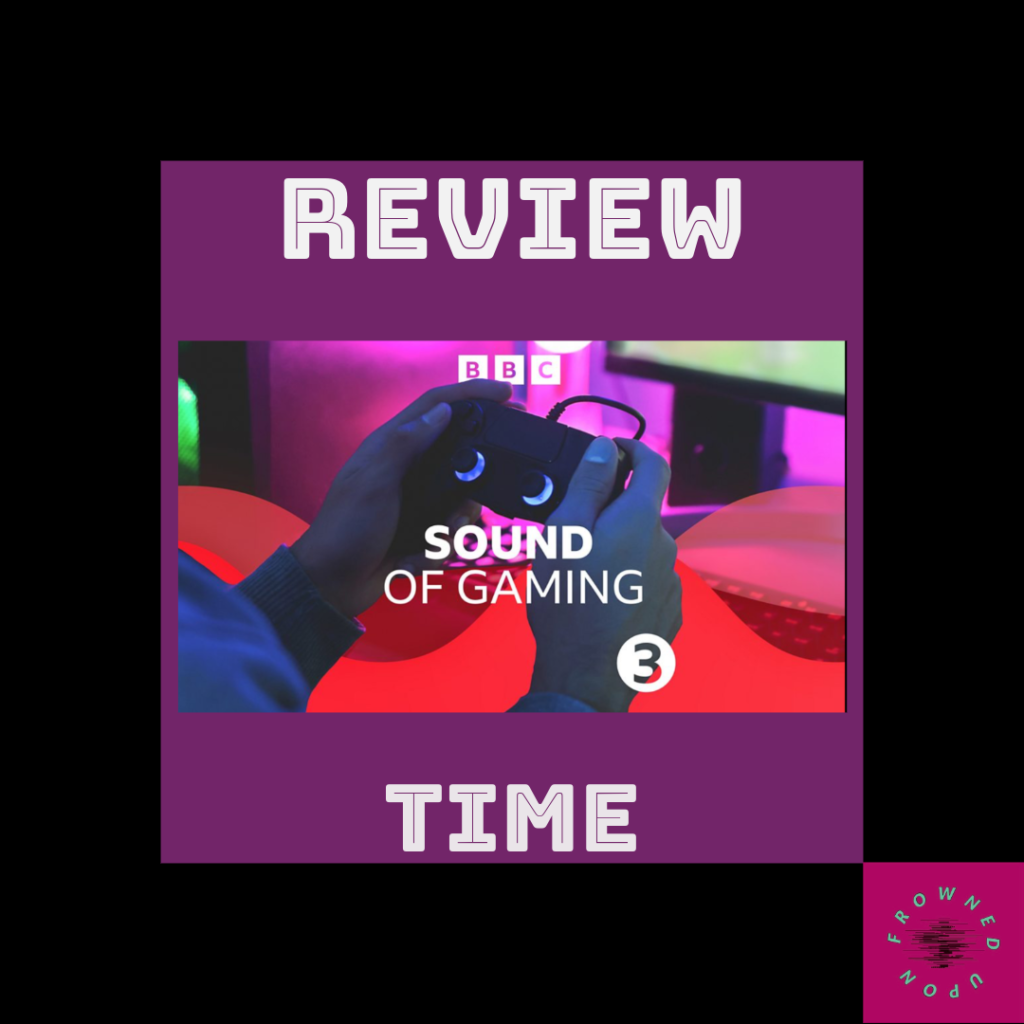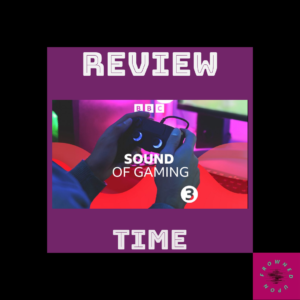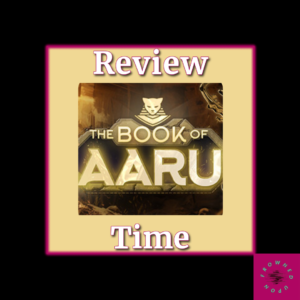Review Time – The Book of Aaru May Be Cursed
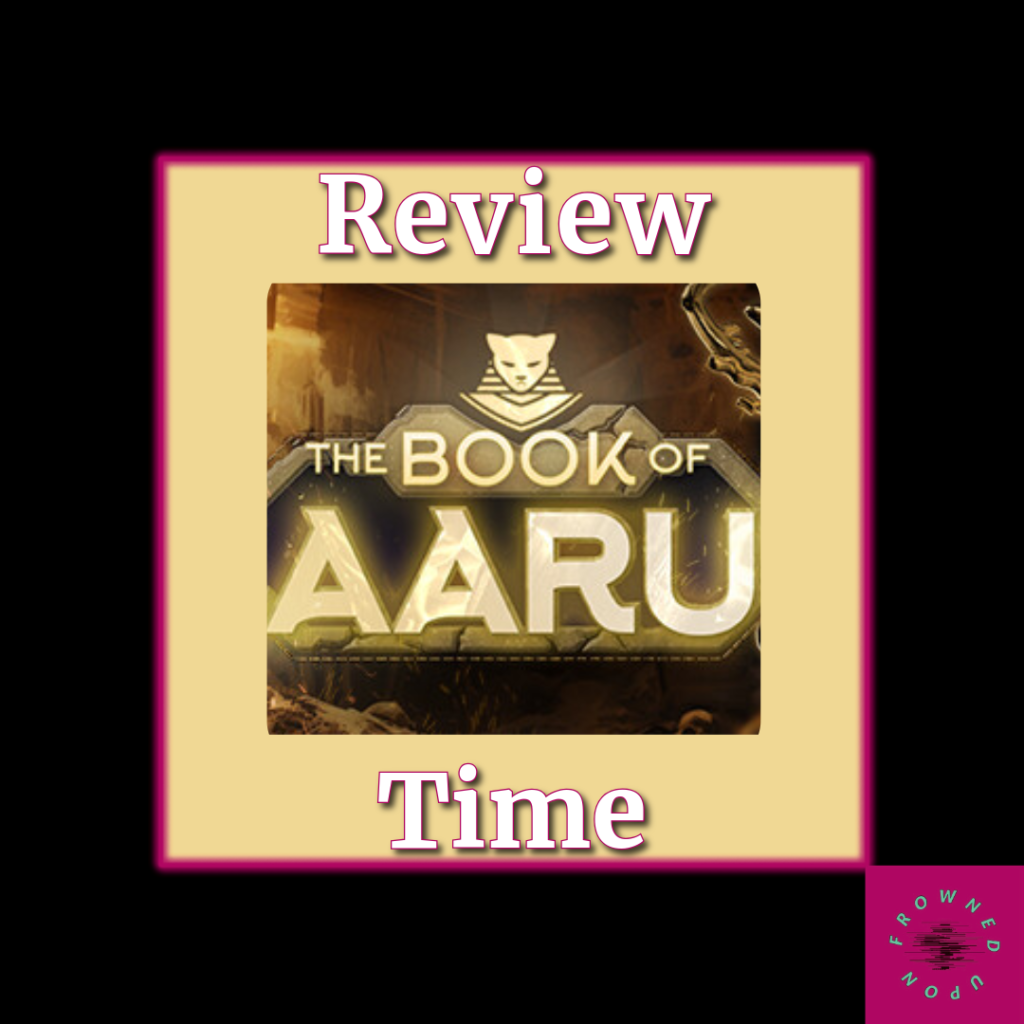
The indie roguelite space is crowded, and The Book of Aaru enters it with a promising concept: a fusion of Egyptian mythology and sci-fi aesthetics, real-time action with time-bending mechanics, and destructible environments that change the way you navigate dungeons. On paper, it sounds like a unique twist on well-worn genre conventions. In practice, it’s a game with clear ambition that struggles under the weight of its own systems, technical issues, and uneven design.
It’s not a bad game. But it is, unfortunately, a frustrating one, full of moments where you can see what it could be, if only the execution were more consistent. With some developer updates it could be good, but until then, its Review Time.
The Book Of Aaru Is Ancient Myth Meeting Time-Bending Sci-Fi
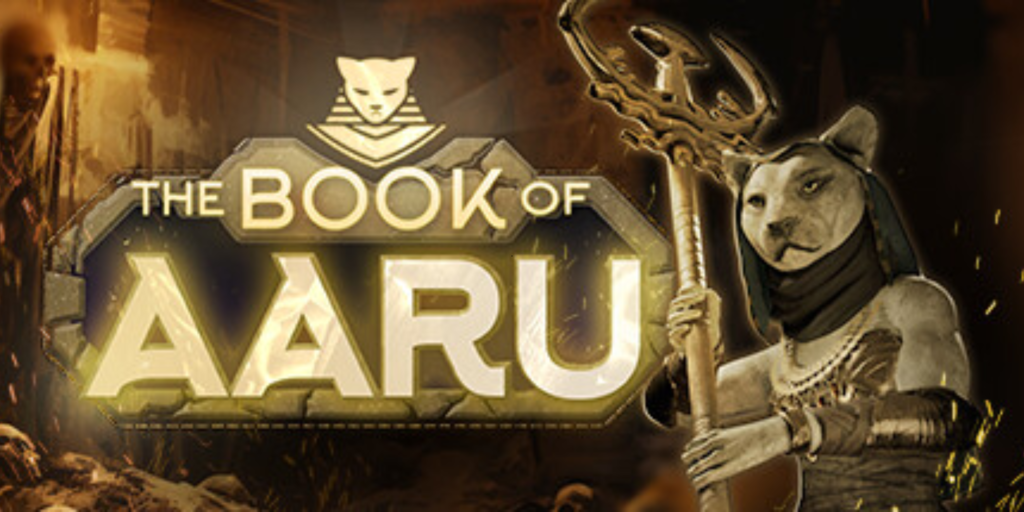
Set in a mythological reimagining of ancient Egypt, The Book of Aaru follows explorer Emily Sands, who finds herself cursed and pulled into a labyrinth of shifting tombs, cosmic technology, and hostile creatures. The premise is intriguing, and the atmosphere works well, hieroglyphic-mechanical hybrids, glowing architecture, and a world that blends decay and tech in a visually interesting way.
The environmental design evokes the feeling of descending into something forgotten and alien, even if the actual layouts start to feel repetitive after a few hours. The core hook of using time-slowing abilities to navigate combat and traps, is one of the game’s standout features. It’s a clever mechanic that, when it works, allows for brief flashes of tactical satisfaction.
Combat and Exploration: Depth Undermined by Clunk
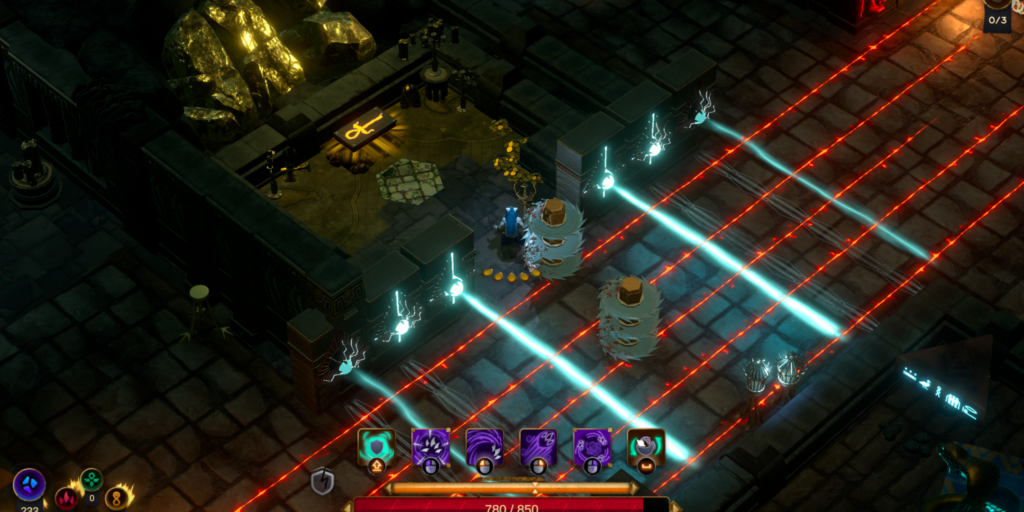
Combat is fast-paced and offers a mix of melee and ranged tools, enhanced by a time-manipulation system that can slow down the action, letting you react to enemy attacks or hazards. There’s a clear influence from games like Hades and Curse of the Dead Gods, but The Book of Aaru doesn’t quite reach those levels of polish or responsiveness.
The movement feels loose at times. Dodging is unreliable, and hit feedback can be inconsistent. Weapon variety exists but isn’t deeply differentiated. The environment plays a big role in both exploration and survival, with destructible elements that hide secrets or provide alternate routes. It’s a smart idea, but like much of the game, it often feels underutilized or hindered by a lack of clarity in its systems.
Enemies range from forgettable to mildly interesting, but boss fights which are a key component in any roguelite, unfrotunately tend to be underwhelming, lacking the distinct mechanics or spectacle that the genre has come to expect.
Progression: The Book of Aaru has Cryptic Systems and Limited Flexibility
Outside of the run-based action, The Book of Aaru includes a variety of meta-progression systems that reward exploration, destruction, and uncovering secrets. You can assign glyphs to customize your build, unlock perks, and interact with a “blessing” system to lock in progress. Unfortunately, none of these systems are particularly well-explained, and some, like the blessing percentages or resource costs, are opaque to the point of frustration.
One major drawback: once you assign glyphs, you can’t respec them. This lack of flexibility discourages experimentation, which runs counter to the genre’s emphasis on trial, error, and adaptation.
It’s clear that the developers wanted to encourage exploration and careful decision-making, but without better feedback or a clearer UI, the result is more confusion than depth.
Technical Stability: A Mummification in Progress
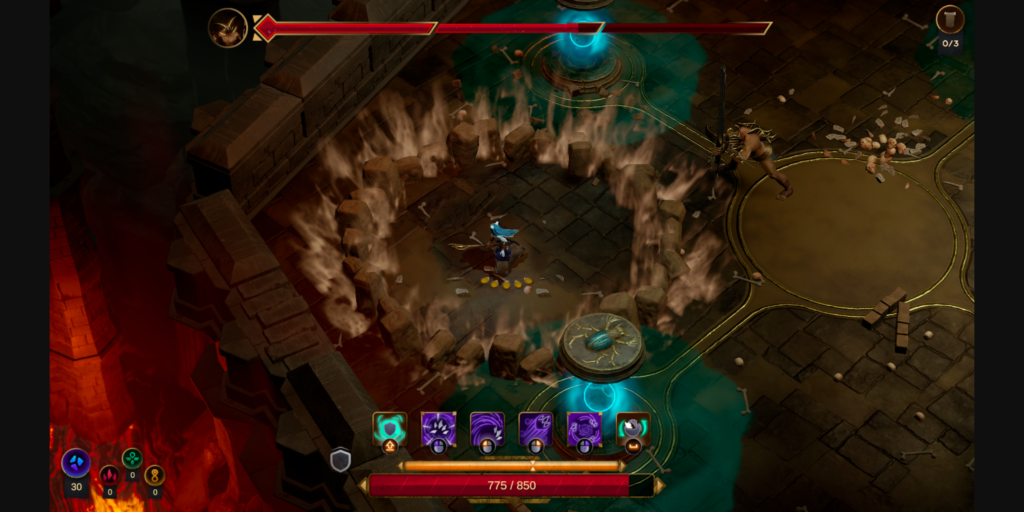
The biggest issue holding The Book of Aaru back is its technical performance. Reviewers and players alike have encountered a range of bugs, from tutorial softlocks and unresponsive UI buttons to crashes during upgrades and progression blockers. Even post-launch patches haven’t resolved all of these issues, and it’s difficult to recommend the game without serious caveats unless you’re very patient.
Menus behave inconsistently. Input prompts sometimes fail. In some cases, entire areas remain inaccessible due to unresolved glitches. These issues not only affect playability but also undermine trust in the systems the game tries to build around progression and exploration.
The developers have shown commitment to patching and improving the game, which is promising. But as of this writing, The Book of Aaru still feels like it’s in early access, even though it’s not.
Audio & Presentation: The Tip Of The Pyramid
The strongest aspect of The Book of Aaru is its soundtrack. Blending traditional Egyptian instrumentation with ambient electronic undertones, the music provides a rich and immersive backdrop to the action. Sound design generally supports the world well, though it lacks the punch that more dynamic combat games deliver.
Visually, the art direction carries the game further than it probably should. While some textures look dated, and the environments start to blur together, the core aesthetic of tech-infused tombs, glowing glyphs, and mechanical gods, gives the game a distinct identity. There’s enough creativity here to spark interest, even when the gameplay struggles to hold it.
Final Thoughts on The Book of Aaru
The Book of Aaru isn’t a failure by any means, but it is frustrating. It’s a game filled with ambition, interesting mechanics, and a distinct setting. But that ambition is frequently undermined by technical instability, cryptic systems, and a lack of polish. For a roguelite, a genre that lives or dies by its core loop, that’s a serious problem.
With more patches, a better UI, and reworked progression systems, this game could become a cult favorite. The ideas are there. The foundation is interesting. But right now, it’s hard to recommend unless you’re willing to overlook a lot of rough edges.
Frowned Upon Score: 5.5 / 10
Verdict: Potential buried in sand…and bugs. Worth watching, not quite worth playing (yet).
Pros:
- Inventive time-slowing mechanic
- Strong atmosphere and art direction
- Excellent soundtrack
- Destructible environments offer interesting choices
Cons:
- Technical issues disrupt core gameplay
- Repetitive level design and underwhelming combat
- Unclear progression systems and no build respec
- Lacking narrative clarity and variety
If you’re interested in fresh ideas and don’t mind some technical flaws, The Book of Aaru is worth a try, especially if the developers continue patching and improving it. For everyone else, it might be best to wait and see if this one eventually rises from the tomb. Let us know if you have played this game down in the comments below and check out some other reviews while you’re ther
Reporting on all things ‘Frowned Upon’
